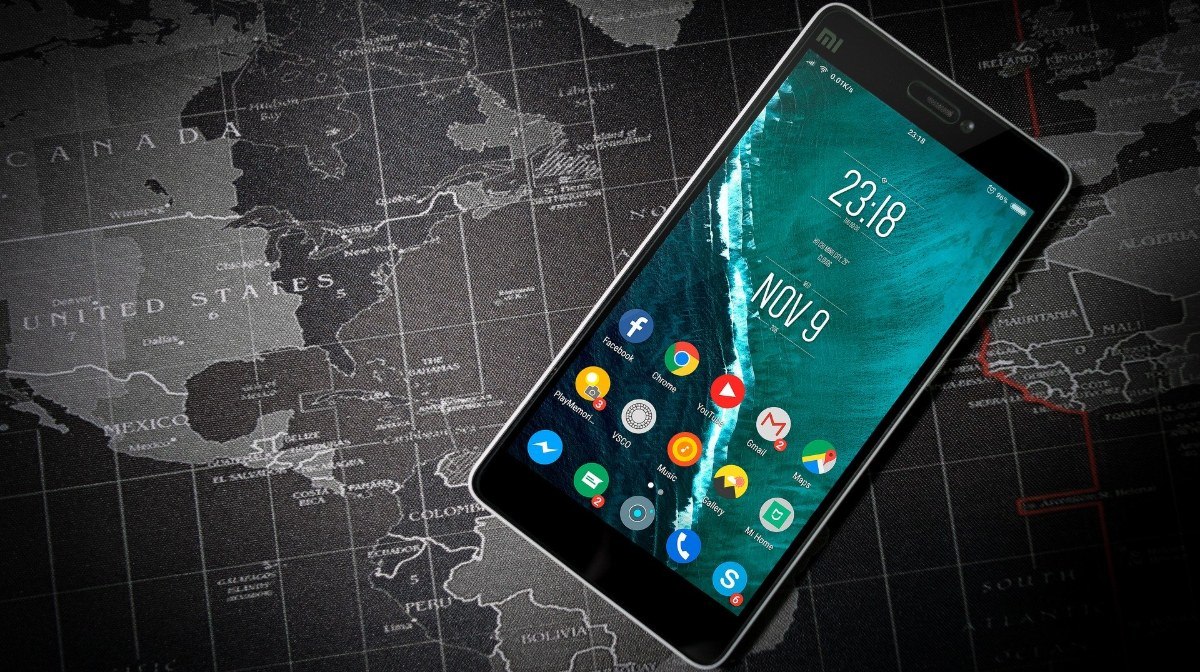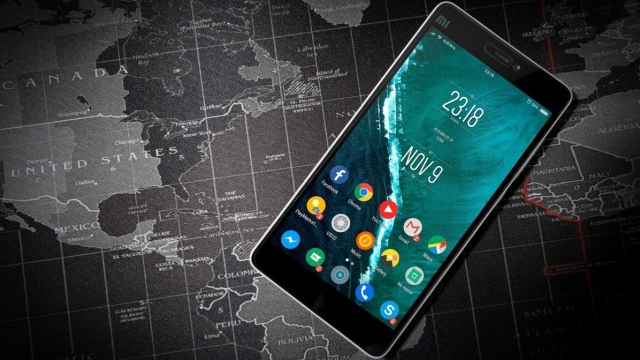Mobile apps have become an integral part of our daily lives, revolutionizing the way we access information, communicate, and engage with the world around us. With the rapid advancements in software design and development, mobile apps have evolved from simple utility tools to complex and immersive experiences. These applications, designed specifically for mobile devices, have opened up a new era of convenience and connectivity.
There are various types of mobile applications catering to different needs and interests. From productivity apps that help us manage our tasks and schedules, to social media apps that keep us connected with friends and family, to gaming apps that provide entertainment on the go – there seems to be an app for every purpose. These mobile applications have not only transformed the way we interact with technology but have also reshaped industries, disrupting traditional business models and creating new opportunities.
The ubiquity of mobile apps has empowered individuals and businesses alike, allowing them to access services and information whenever and wherever they need it. From booking a ride using a transportation app to ordering food through a delivery app, the convenience and efficiency offered by mobile applications have become an essential part of our daily routines. With the continuous advancements in technology and increasing demand for seamless experiences, the future of mobile apps is promising, with new and innovative applications constantly emerging to enhance our lives further.
In this article, we will explore the fascinating world of mobile apps, their impact on our lives, the different types of mobile applications, and the future potential they hold. Join us on this journey as we delve into the phenomenon of mobile apps and uncover the ways in which they have revolutionized convenience in our interconnected world.
Software Design and Development
Mobile apps have completely transformed the way we interact with technology. Behind every successful mobile app lies a carefully planned and executed software design and development process. This crucial phase involves a series of steps aimed at creating functional, user-friendly, and visually appealing applications.
Firstly, software design and development for mobile apps require a deep understanding of the targeted platform. Whether it’s iOS or Android, each platform has its own set of guidelines and design principles. Developers must ensure that the app aligns with these specifications to provide users with a consistent and familiar experience. By adhering to platform-specific design standards, developers can create applications that seamlessly integrate with the overall system and feel like a natural extension of the device.
Secondly, creating mobile apps involves meticulous planning and rigorous development cycles. Developers need to identify the main objectives of the app and break them down into smaller, achievable goals. This process allows for the creation of a roadmap that guides the development team throughout the project. Each feature and functionality must be carefully thought out and implemented, ensuring the app meets the users’ needs and preferences.
Lastly, software design and development for mobile apps encompasses continuous testing and iteration. Developers must conduct rigorous testing across various devices, screen sizes, and network conditions to ensure the app performs flawlessly in different environments. Feedback from users and data analytics also play a crucial role in shaping the future updates and enhancements of the app. Through constant iteration and improvement, developers strive to deliver a seamless and delightful user experience.
In conclusion, software design and development form the backbone of successful mobile apps. By understanding the platform, planning meticulously, and embracing continuous testing and iteration, developers can create innovative and user-centric mobile applications that revolutionize convenience in our increasingly digital world.
Types of Mobile Applications
There are various types of mobile applications available in the market today, catering to different needs and purposes. From communication and entertainment to productivity and health, mobile apps have revolutionized the way we interact with technology. In this section, we will explore three popular categories of mobile applications.
-
Social Networking Apps:
Social networking apps have gained immense popularity over the years, connecting people from all corners of the globe. Platforms like Facebook, Twitter, and Instagram allow users to share updates, photos, and videos, and interact with friends and followers. These apps have become an integral part of our daily lives, enabling us to stay connected and updated on the latest happenings in our social circle. -
Gaming Apps:
Gaming apps have taken the world by storm, providing hours of entertainment and engaging gameplay. From casual puzzles to immersive 3D adventures, there is a game for everyone’s preference. Popular gaming apps like Candy Crush, Pokemon Go, and Fortnite have grown into global phenomenons, demonstrating the immense potential and reach of mobile gaming. -
Productivity and Utility Apps:

Productivity and utility apps are designed to enhance our efficiency and streamline our daily tasks. These apps include tools like calendars, to-do lists, note-taking apps, and weather forecasts. Additionally, we have utility apps that offer services such as language translation, currency conversion, and navigation. These apps help us stay organized, save time, and make our lives more convenient.
As the world of mobile apps continues to evolve, we can expect to see an expansion of these categories and the emergence of new ones. From fitness and education to augmented reality and artificial intelligence, mobile apps are constantly pushing boundaries and revolutionizing convenience for users around the world.
Advantages of Mobile Apps
Mobile apps have become an integral part of our modern lives, offering a range of advantages that have revolutionized the way we live, work, and interact. From increased convenience to enhanced productivity, mobile apps have truly transformed the digital landscape.
- Content management in apps
-
Enhanced Convenience: One of the biggest advantages of mobile apps is the convenience they offer. With just a tap on our smartphones, we can access a world of information, services, and entertainment anytime, anywhere. Mobile apps have made tasks such as banking, shopping, and booking reservations faster and easier than ever before. Whether it’s ordering food delivery or hailing a ride, mobile apps have simplified our daily routines and saved us valuable time.
-
Improved Productivity: Mobile apps have also played a crucial role in boosting productivity. Through specialized software design and development, mobile apps provide tailored solutions for various industries and functions. For businesses, mobile apps enable improved communication, project management, and collaboration among teams. With access to real-time data and streamlined workflows, employees can accomplish tasks efficiently, regardless of their physical location. This flexibility enables companies to operate seamlessly and maximize their productivity levels.
-
Diverse Mobile Applications: The realm of mobile apps is incredibly vast, catering to an array of needs and interests. From social media platforms to gaming apps, productivity tools to educational resources, there is a mobile app for almost every imaginable purpose. This diversity ensures that individuals can find applications that align with their specific requirements, making their lives more convenient, entertaining, and productive. The constant evolution of mobile app development ensures a steady supply of innovative and useful applications, enhancing our digital experiences.
Mobile apps have undoubtedly revolutionized convenience, offering a myriad of advantages that have reshaped the way we navigate through our daily lives. With their enhanced convenience, improved productivity, and wide range of applications, mobile apps have become indispensable tools for individuals and businesses alike. As technology continues to advance, the future of mobile apps holds even greater potential for further integration and optimization in our increasingly digital world.
